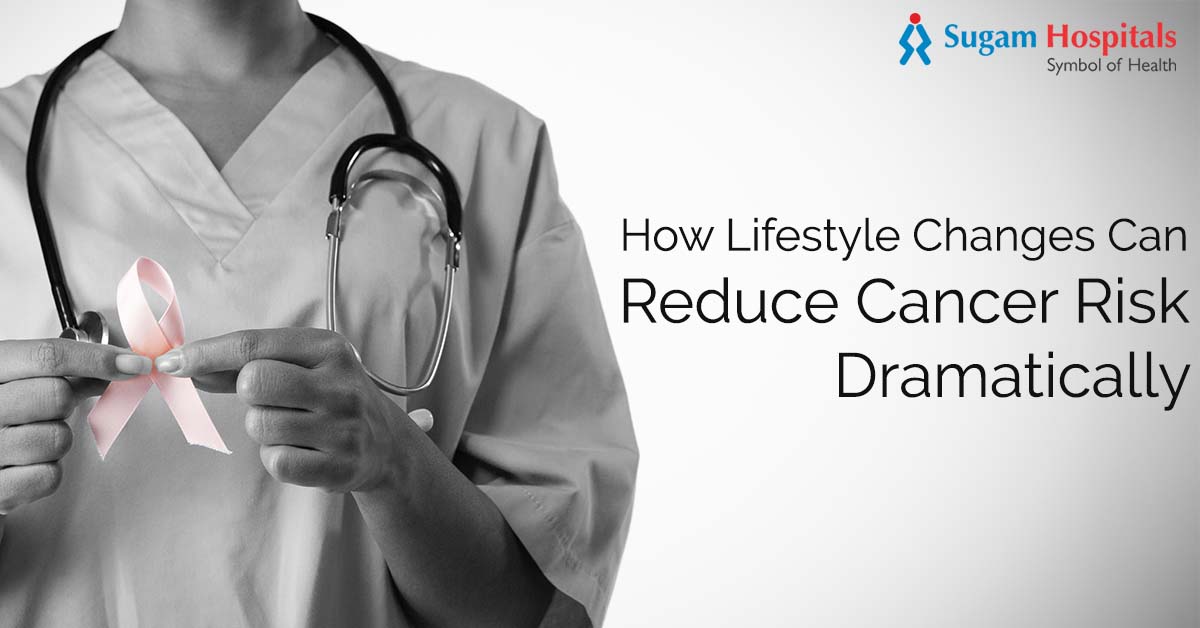How Lifestyle Changes Can Reduce Cancer Risk Dramatically

How Lifestyle Changes Can Reduce Cancer Risk Dramatically
July 3, 2025 by adminWhile not all cancers can be avoided, studies indicate that a person’s lifestyle can significantly reduce the likelihood of developing cancer. Lifestyle change does not mean making one or two major transformations in one day: it is about creating healthy habits over time that reduce exposure to currently understood risk factors.
If you are unable to act on proactive prevention or are interested in how to take an active approach to prevention, this is a list of lifestyle changes that can make a difference
- Don’t Smoke, Don’t Use Tobacco
Smoking is a serious risk factor for many cancers, including lung, mouth, throat and pancreatic cancers. Chewing tobacco increases the risk of cancers of the oral cavity, throat and esophagus.
You can also increase your risk via secondhand smoke exposure, so if you smoke, make sure you seek help to quit. And if you don’t smoke, do your best to avoid chronic, regular exposure to environments where smoking is prevalent.
- Eat a Variety of Foods
while No food can prevent cancer, your overall diet can help reduce your cancer risk.
- Eat more plant-based foods: vegetables, fruit, whole grains, and legumes.
- Reduce consumption of processed and red meats: There is a link between a high intake of processed meats and colorectal cancer.
- Limit sugary drinks and foods that are high in fat, because they can result in excessive weight gain.
- Choose healthy fats: use nuts, seeds, and olive oil instead of saturated fat.
Also, there is some evidence that eating foods that are high in antioxidants or high in fiber may provide some protective effects.
- Maintain a Healthy Weight
Obesity is related to multiple cancers, including postmenopausal, colon, esophageal, kidney, and liver cancers.
Keeping physically active and feeding your body a healthy diet will help you reach and stay at a healthy weight. Along with maintaining a healthy weight, even a modest amount of weight loss can impact your risk.
- Stay Physically Active
Being active does not have to mean spending hours in a gym. As little as 30 minutes of brisk walking several of the days of the week can help.
Physical Activity helps:
- Reduce inflammation
- Balance hormone levels
- Restore a health immune function
Try to complete approximately 150 minutes each week of moderate intensity or 75 minutes of vigorous physical activity.
- Limit Alcohol
There is an association between alcohol use and increased risk of many cancers, including breast cancer, liver cancer, and colorectal cancer.
- If you do drink, do so in moderation
- For Women: Women should have no more than one drink per day
- For Men: Men should have no more than two drinks per day
- If you quit or cut back, your risk decreases over time.
- Protect Yourself from Sun Exposure
Skin cancer is one of the most common cancers, and also one of the most preventable.
- Avoid the sun between 10 am and 4 pm
- Wear protective clothing and sunglasses
- Use sunscreen with SPF 30 or more
- Avoid tanning beds.
Using sun protection early in life will prevent the cumulative skin damage that increases the risk of developing skin cancer later in life.
- Get Vaccinated
There are some viruses that may increase the risk of cancer in certain situations. Vaccines can lower the odds of developing cancer.
- HPV (Human Papillomavirus): Associated with both cervical and throat disease, among other cancers.
- Hepatitis B: Increases risk of liver cancer.
Consult with your doctor regarding vaccines in general, particularly for adolescents and individuals with chronic conditions.
- Reduce Stress and Sleep Well
Although stress is not a direct cause of cancer, long-term stress has the potential to promote unhealthy behaviours such as smoking or unhealthy eating. In addition, poor sleeping habits can upset the body’s hormonal balance and immune system health.
- Practice mindfulness or a form of meditation
- Create a bedtime routine that promotes relaxation
- Reduce screen time at bedtime
- Routine Screening and Routine Physical Examination
Routine screenings are most effective with routine screenings. When cancer is detected early, treatment is usually more effective.
- Mammogram
- Colonoscopy
- Pap smear
- Skin checks
Your doctor will determine what screenings you will need and when to have them based on your age, gender, and family history.
Lifestyle habits can affect cancer risk. Changes can be made. It all adds up over time. Whether you are reducing alcohol, increasing whole foods or walking every day, each decision leads to improved health.
Sugam Hospital believes that prevention and awareness are important. As the best cancer hospital in Chennai, We support both prevention and treatment equally. We help you build a better life from routine screenings to years of care.
If you have questions about your cancer risk or want to start preventing cancer – connect with us at Sugam Hospital today. No step is too small.

